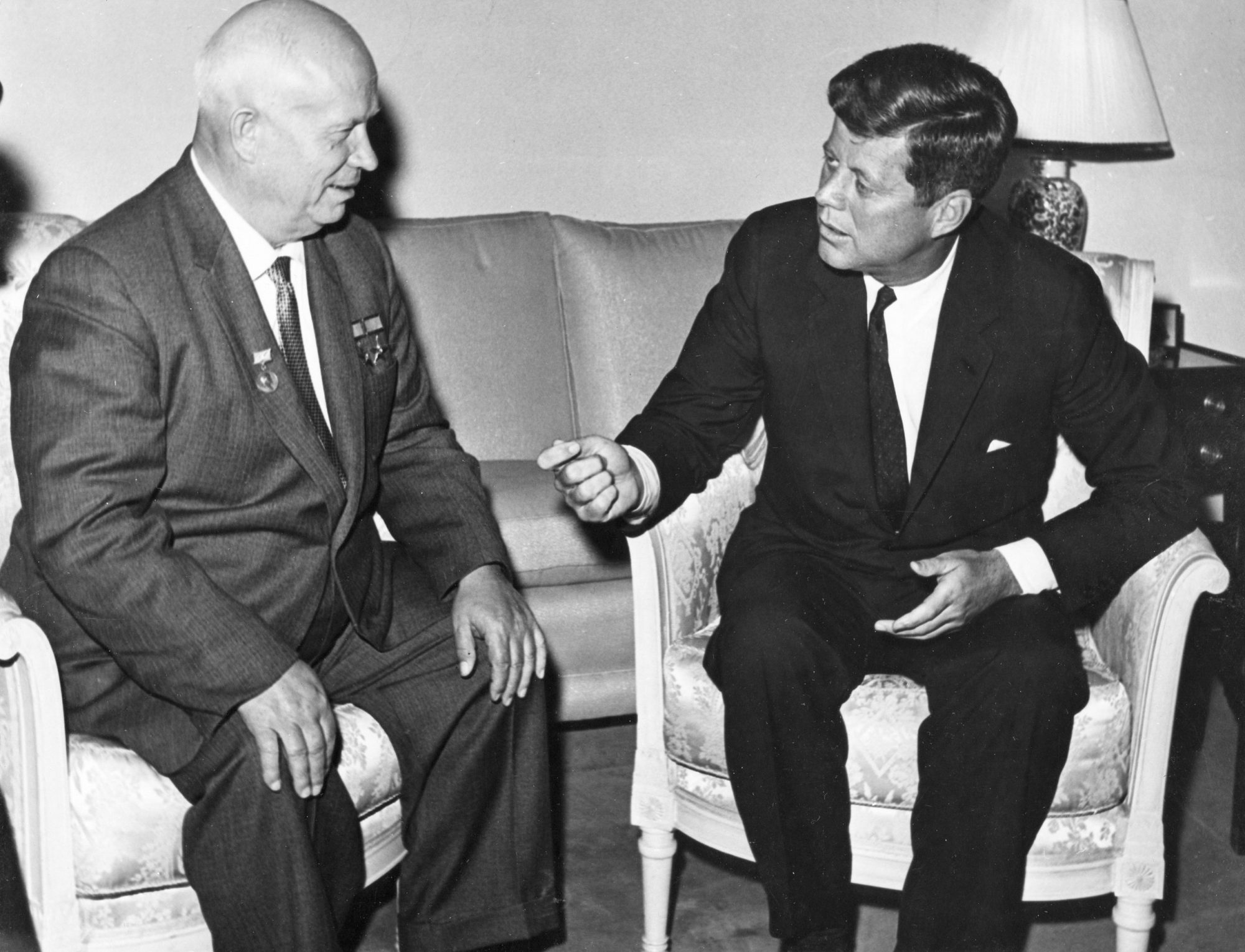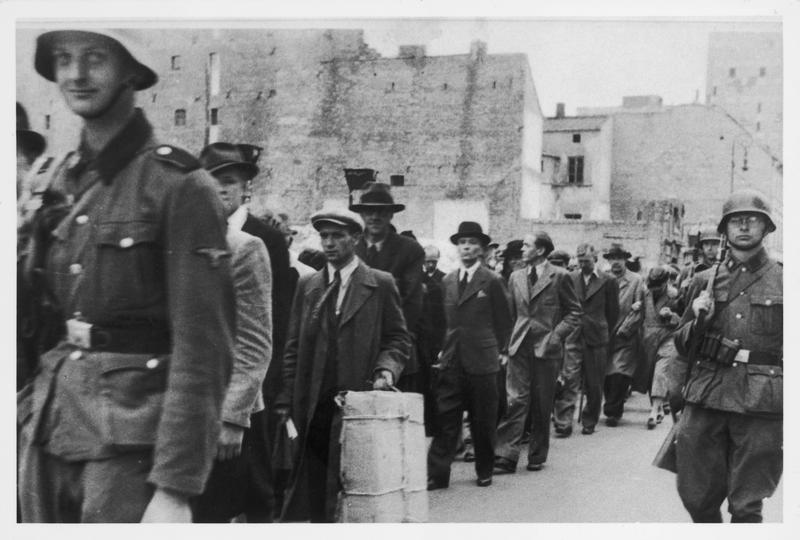The Cuban Missile Crisis remains one of the most dramatic moments in Cold War history, but it also holds important lessons for diplomacy and crisis management today. John F. Kennedy's leadership during the crisis offers a number of enduring insights into the power of diplomacy and the importance of leadership in resolving conflicts.
One key lesson is the importance of communication and dialogue. Kennedy's willingness to engage in secret negotiations with Khrushchev helped to defuse the crisis and find a peaceful solution. This highlights the importance of building relationships and channels of communication between adversaries, even in the midst of conflict.
Another lesson is the importance of flexibility and creativity in crisis management. Kennedy's willingness to consider alternative solutions and to be open to compromise helped to prevent a nuclear war. This underscores the need for leaders to be adaptable and to think creatively in the face of complex and dangerous challenges.
Finally, the Cuban Missile Crisis serves as a reminder of the power of leadership and the importance of moral courage. Kennedy's willingness to stand up to his advisors and pursue a peaceful solution to the crisis, even in the face of intense pressure, was instrumental in avoiding a catastrophic outcome.
As the world continues to face new and complex challenges, the lessons of the Cuban Missile Crisis and Kennedy's leadership remain as relevant and valuable as ever.
Works Cited:
Allison, Graham T. Essence of Decision: Explaining the Cuban Missile Crisis. Pearson, 1999.
Blight, James G., et al. The Cuban Missile Crisis Revisited. Routledge, 2012.
Stern, Sheldon M., and John J. Kennedy. The Cuban Missile Crisis in American Memory: Myths versus Reality. Stanford University Press, 2012.








